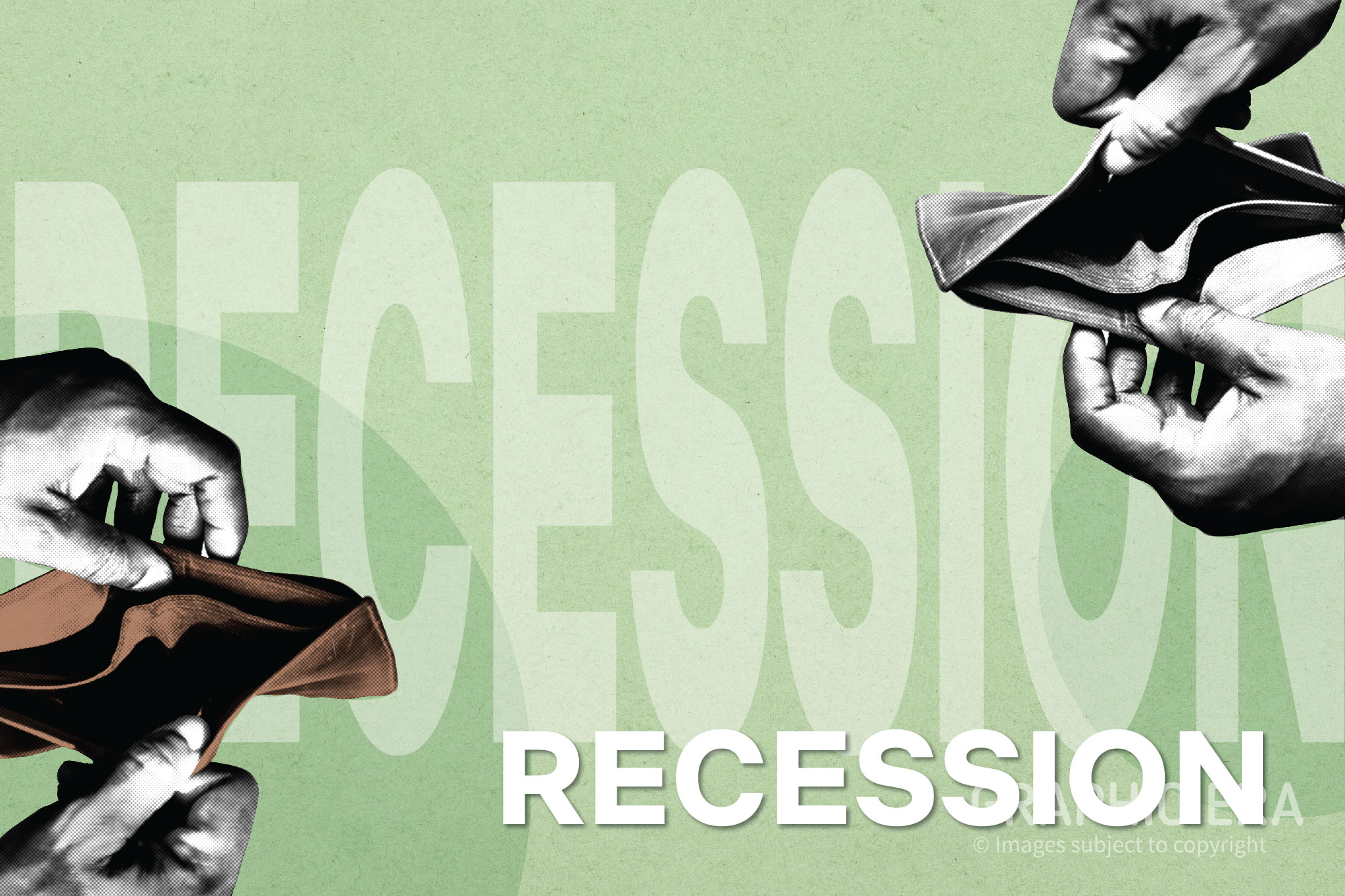In the recent times, market is abuzz with the ominous predictions of recession; almost every second person is sounding the alarm on it. The Wall Street Journal survey shows that there is a 63% chance of recession in 2023. The time is, thus, ripe to understand what recession is, how it might impact college students and what can they should do.
What is a recession?
Recession can be defined as a sustained period comprising at least two consecutive quarters of weak or negative growth in real Gross Domestic Product (GDP). It is marked by a significant and prolonged drop across leading economic indicators such as employment, consumer spending, industrial production, manufacturing activities, income, sale, trade etc. In other words, recession is massive contraction or slowdown in economic activities.
How does Recession impact college students?
Though the degree and manner may differ, every individual is impacted when recession hits an economy. Thus, if a recession is really on the horizon, then it becomes imperative for the vast pool of college students who will be graduating or entering the labour market in the economic downturn to assess how it might affect them.
Effect of recession on education: The rising unemployment and revenue losses during recession compels government to make tough funding decisions, to which, higher education becomes most vulnerable. Public educational institutions make up for the budget cuts by hiking tuition fee and trimming educational services/support for students. A similar trend is observed in private colleges/universities. Course offerings, programs, extra-curricular activities, transportation, placement opportunities etc., suffer considerably as both public and private colleges struggle to keep their heads above water. After all, the tremors of recession, layoffs, salary cuts, hiring freeze, for instance, are felt in the higher education landscape as well.
- The job crisis, salary cuts/freezes, increase in fee, and unstable economic conditions may lead to high dropout rates among college students. To put things into perspective, students who rely on their parents or loan to finance their education suffer greatly due to decline in family income and the hiked interest rates. Those who resort to excessive borrowing may spiral into a ‘debt crisis.’
Effect of recession on labour market: During recession, companies downsize considerably to make up for weak profits and low growth meaning job crisis, layoffs, hiring freezes and unemployment become common occurrences in a troubled economy. Along with these, substantial reduction in salaries and employee benefits are also witnessed.
- For a fresh graduate who is gearing up to enter the workforce, the economic crisis can cause forced lowering of expectations. What it means is that qualified candidates might have to settle for poor career start as they cannot afford to be choosy or selective in a volatile job market that offers scarce employment opportunities. The first job role may be such that does not offer much scope of training or promotion and even cause them to incur initial earning losses. Research shows that recession graduates/freshers have accepted jobs that may not be the best match for their skills out of desperation in the past. Some studies even say that graduates of the recession gave up the hope of securing employment and stopped looking for job altogether, discouraged by the dismal state of labour market in the turbulent times.
- Recession graduates have to struggle hard with underemployment. Fresh graduates including those who did not begin their professional journey with small or lower paying firms have felt that their salaries remained static for a long time.
- Recession graduates often try to make up for the delay in their career goals by switching jobs more frequently. However, success in this regard remains largely dependent on the speed at which the market recovers after the economic downturn.
What should they do?
- Get in touch with university career support services: You must make the most of the means at your disposal. For instance, use the career support services of your university to your advantage while you’re still in campus. They can assist you in building your resume, improving your skillset through workshops and interview coaching, finding a job that meets your aspirations, and preparing to make a mark in the professional world.
- Say yes to internships and part time jobs: Internships and part time jobs will help you learn in-demand skills, gain industry insight and work experience, build a professional network and even earn, before you land your first ‘real job.’
- Don’t shy away from reaching out and networking: A study reveals that at least 80% jobs are secured through professional network connection. We would like to tell you that powerful networking can prove beneficial during recession crisis as well. As you must have gathered by now, the number of qualified candidates far exceeds job vacancies during recession. This situation makes companies less enthusiastic about advertising or publically announcing job openings in their company as it can potentially flood them with n number of resumes which may be equally good. However, powerful networking can help you tackle the job crisis by providing a backdoor entry to the hidden job market during such times. So we encourage you all to join networking groups on Facebook, LinkedIn, etc., and use such platforms to your advantage.
- Don’t waste time, invest in your growth: Students should invest time to strengthen their existing repertoire of knowledge and gain multi- disciplinary skills that might turn them into indispensable assets during the economic downturns. They can achieve this by enrolling in free online courses, certificate programs, utilising e-library/podcasts, etc.
Conclusion:
All said and done, there is still a possibility that the recession chatter may remain chatter only. After all, the economists & experts missed the recession of 1990, 2001 & 2008. Nonetheless, we must pull up our socks and begin taking necessary measures as precaution; as the wise men put it, “it is better to be safe than sorry!”



